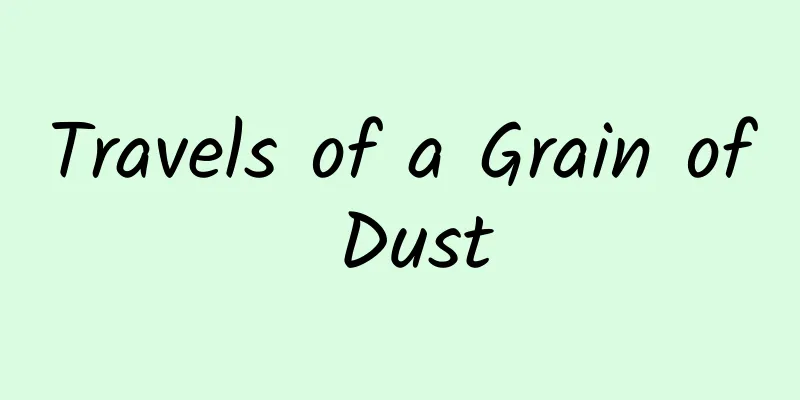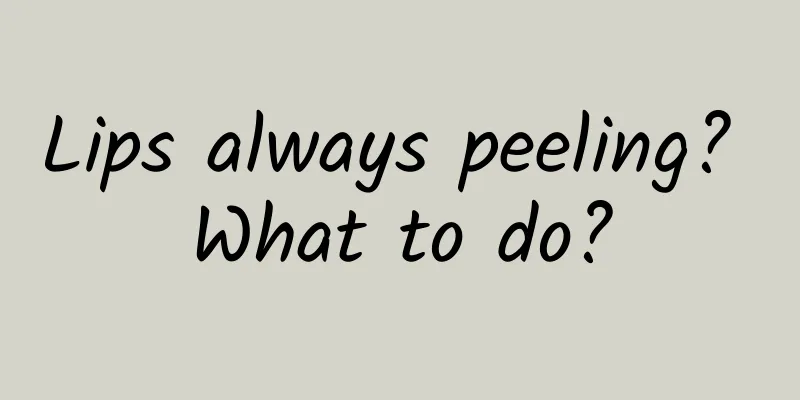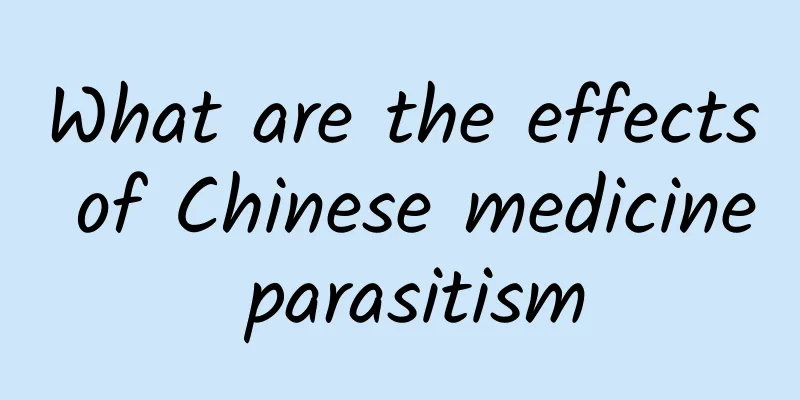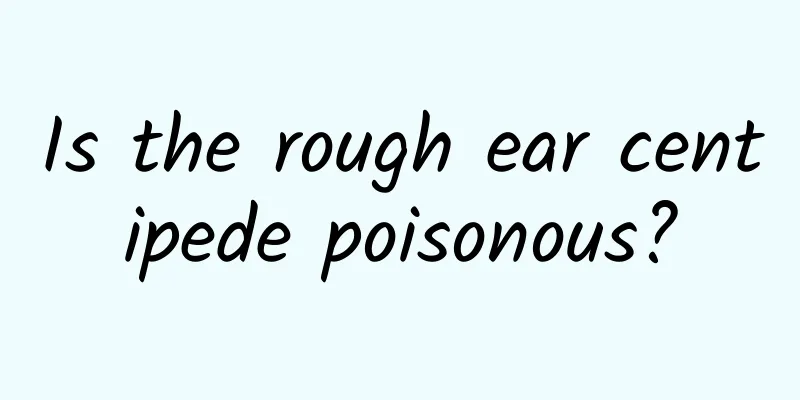Can I eat kiwi fruit while taking Chinese medicine?
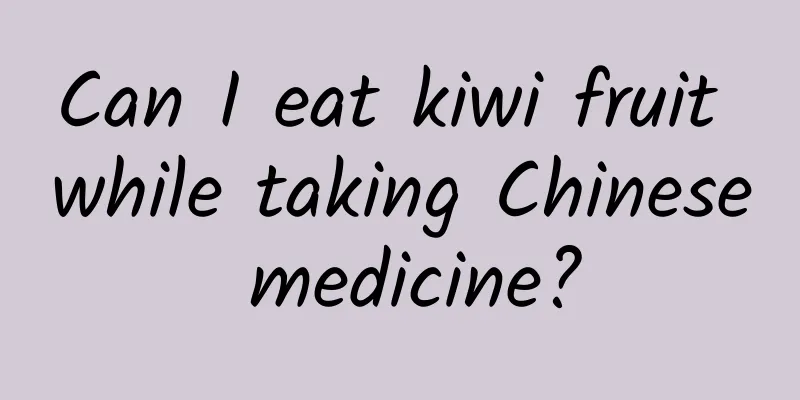
|
Traditional Chinese medicine is profound and extensive. With the development of traditional Chinese medicine, modern people increasingly trust traditional Chinese medicine in treating diseases. Many people know that after taking Chinese medicine, they are forbidden to eat spicy, fishy, or irritating foods. If these foods are accidentally ingested, it may not only affect the efficacy of the medicine, but may also cause other side effects. So can you eat kiwi after taking Chinese medicine? What should we pay attention to when taking Chinese medicine in daily life? Can I eat kiwi fruit while taking Chinese medicine? Kiwi fruit itself has the effects of regulating qi, promoting fluid production and moistening dryness, relieving fever and relieving restlessness, but kiwi fruit is a cold fruit, so it is recommended not to eat it while taking traditional Chinese medicine, as it will neutralize the medicinal properties of the medicine and reduce its efficacy. 6 taboos of taking Chinese medicine Taboo 1. Spicy food: This type of food is mostly spicy and hot, and has the effect of promoting yang and strengthening the stomach. If consumed too much, it can easily produce phlegm and fire, disperse qi and consume blood. Therefore, this type of diet is only suitable for people with cold syndrome diseases, but not for people with yin deficiency and yang hyperactivity, as well as patients with blood syndrome, febrile diseases, hemorrhoids, fistulas, carbuncles, etc. Such foods include onions, garlic, leeks, ginger, wine, peppers, etc. As chili peppers are hot in nature, if people with symptoms of heat such as fever, constipation, short and red urine, dry mouth, dry lips, sore throat, nosebleed, and red tongue eat them, it will inevitably aggravate the symptoms of "getting angry", thereby offsetting the effects of heat-clearing, cooling blood and nourishing yin drugs. Therefore, patients with heat syndrome should not eat chili peppers when seeing a Chinese medicine doctor. Taboo 2: Fishy food: Most of these foods are salty, cold and fishy, and contain foreign proteins, which can easily cause allergic reactions. Eating too much can damage the spleen and stomach and induce diseases. Therefore, people with spleen and stomach diseases should not eat too much, especially those with allergies. Such foods include yellow croaker, carp, hairtail, clam meat, shrimp, crab, etc., while carp, sardines, catfish, yellow croaker, crab and yellow mud snail are most likely to cause allergies. Fishy foods are also considered to be allergenic. Taboo 3: Hair-raising foods: These foods are all those that stir up wind, generate phlegm and boost fire. Since the degree to which the disease selects for food varies, the effects of these foods will also be different. Such foods include mushrooms, champignons, bamboo shoots, mustard greens, pumpkin, rooster meat, pork head, sow meat, etc. For example, patients with hyperactivity of liver yang and internal liver wind should not eat rooster meat and pork head meat; patients with skin diseases such as furuncles, boils, sores and carbuncles should not eat shiitake mushrooms, bamboo shoots, rooster meat, pork head meat and sow meat, otherwise it will accelerate redness, swelling and pus formation; people with gastrointestinal diseases should not eat pumpkin, because pumpkin contains sugar, eating too much will produce more acid, which will irritate the gastrointestinal tract. In view of this, "fa" can be said to, to a large extent, to promote the deterioration of the disease. Taboo 4: Raw and cold food: This type of food is mostly cold in nature, and its main function is to clear away heat and quench thirst, so it is suitable for heat-syndrome diseases. However, it can easily affect gastrointestinal function, so it should be avoided by people with weak and cold constitution and patients with gastrointestinal diseases. For example, white radish is cold in nature and has the effects of helping food, resolving phlegm, and regulating qi. If people with weak constitutions or gastrointestinal diseases eat it, it will add to the cold and make their gastrointestinal function worse. In addition, when taking ginseng and other tonic medicines at the same time, due to their incompatible properties, the effectiveness of the tonic medicines can be reduced or eliminated, so radish and ginseng should not be taken together. Taboo 5. Greasy food: This type of food includes animal fats and solid foods that are fried or deep-fried. Greasy food can damage the spleen and stomach, so it should be avoided by those suffering from external diseases, jaundice, and diarrhea. Fried foods are hard, hot and difficult to digest. People with gastrointestinal diseases or those suffering from "internal heat" should avoid eating them. Taboo 6. Sour and astringent foods: Too much acid will irritate the stomach and intestines, so patients with excessive stomach acid and gastrointestinal ulcers should not eat it. Those that are astringent mostly contain tannins. For example, tea contains tannins, and the content of strong tea is even higher. When taken together with Chinese herbal medicine, it can combine with certain proteins, alkalis, and heavy metal salts in the herbal medicine to produce precipitation, which will affect the absorption of the active ingredients of the medicine, and also affect the absorption of nutrients such as protein. Therefore, when taking Chinese herbal medicine, it is generally not advisable to take it with strong tea. |
<<: Hippocampal efficacy, effects and contraindications
>>: How long does it take for chloasma to fade after taking Chinese medicine?
Recommend
What are the combinations of Polygonum multiflorum?
If we want to make our body healthier, we cannot ...
"Lunar Shield", Earth-Moon Live Broadcast... The Secrets of "Alone on the Moon"
On July 29, the sci-fi comedy "Alone on the ...
Around the Mid-Autumn Festival, the delicacy that I have been craving for a year is finally on the market! It’s not mooncakes!
Author: Fluent AI Mapping As a fruit lover, my fa...
Why is pottery fired at 1000°C and porcelain fired at 1200°C?
Ceramics, an art form that combines traditional C...
Facing fatal temptation, how to become a "mushroom hero"?
Wild mushrooms are delicious, but some people mis...
Come and see! Today the moon is "blushing" and comes with a big Easter egg
Today, the most exciting astronomical phenomenon ...
Seven-leaf lily flower efficacy and indications
Seven-leafed aconite, from the name, it seems tha...
Time is a butcher's knife? A barn owl will be silent when seeing it, and a porcupine will cry when seeing it.
When you look through your childhood photos, have...
NetLine: 2024 B2B Content Usage and Demand Report
According to NetLine’s analysis, 35.2% of B2B con...
The efficacy and function of butterfly tree
As a traditional Chinese medicine, do you know th...
It’s 2022, do you want to see something tiger-like?
The Year of the Tiger is here, Fat Tiger wishes y...
What are the effects and functions of Albizzia julibrissin
Many people like flowers very much, especially wo...
In just 20 minutes, the 8-year-old boy's entire eyeball was dissolved, leaving him blind for life! If you have this thing at home, throw it away immediately
Expert of this article: Yang Chao, PhD in Chemist...
